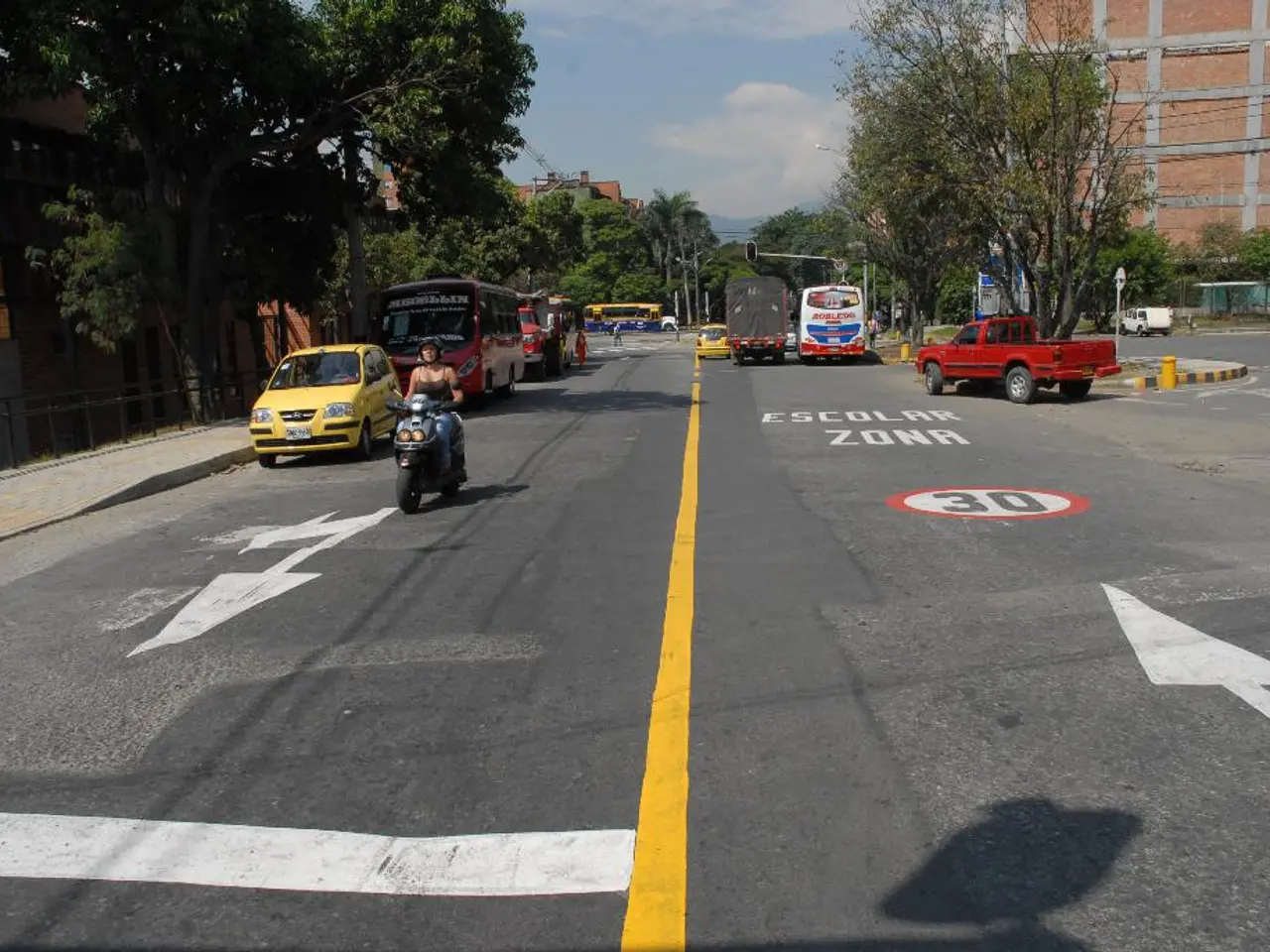Military personnel numbering 800 from the National Guard are being dispatched to Washington.
President Trump Deploys National Guard and Takes Control of DC Police, Raising Legal Concerns
In an unprecedented move, US President Donald Trump has deployed the National Guard in Washington D.C. and placed the city's police under federal control, sparking a wave of legal controversy.
Trump's decision to take command of the National Guard in national emergencies is not unheard of, but the circumstances surrounding this deployment are raising eyebrows. According to reports, the President can have control over the local police for 48 hours without informing Congress, but deploying the National Guard and placing city police under federal control for an extended period without a declared emergency or congressional approval is a gray area in US law.
The White House's decision to place the local police under the instruction of Attorney General Pam Bondi has been met with criticism. Brian Schwalb, the prosecutor of the federal district, has stated that Trump's actions were unprecedented, unnecessary, and unlawful.
The National Guard, a military reserve unit and part of the US armed forces, can be deployed in cases of natural disasters, riots, and internal emergencies. Initially, 800 National Guard troops have been deployed in Washington D.C., with more to follow if necessary. However, most of the troops have since been withdrawn.
Despite the deployment, a look at the local police's crime statistics shows a decrease in reported offenses. The number of violent crimes decreased by over a quarter compared to the same period last year by early August, according to the local police. The total number of offenses decreased by seven percent, indicating that the city's crime rate may be improving.
Trump's decision to take control of the city's police comes amidst his calls for homeless individuals to move out of Washington D.C. immediately and his threats to place criminals in jail. However, the legality of these actions is uncertain.
The legal implications of a President deploying the National Guard and placing city police under federal control without a declared emergency or congressional approval are complex and potentially problematic. Issues of executive authority, federalism, and limits imposed by statutes such as the Posse Comitatus Act are at play.
The Posse Comitatus Act generally prohibits the use of federal military forces to perform domestic law enforcement except when authorized by Congress or specific laws. Deploying the National Guard in federal status or placing them under federal control could trigger Posse Comitatus restrictions. Using administrative workarounds or reclassifying Guard forces to circumvent this could be legally challenged.
Congressional oversight and approval are also crucial in such situations. Lack of Congressional approval may raise constitutional separation-of-powers concerns. In summary, a President deploying the National Guard and federalizing city police without a declared emergency or Congressional authorization risks violating statutory limits, federalism principles, and Posse Comitatus restrictions, and such actions are subject to legal challenges and constitutional scrutiny.
Trump has also expressed his intention to take similar actions in Chicago if necessary, further fueling the debate over the President's powers and the limits of federal intervention in local law enforcement.
Read also:
- Court petitions to reverse established decision on same-sex marriage legalization
- Commemoration of 200 Days of American Resurgence Unveiled
- Minister Bärbel Bas expresses doubts about her tenure as a minister following a recent interview during the summer.
- A Tale of Two RussiansGate Notable Figures: Focus on Mike Davis






